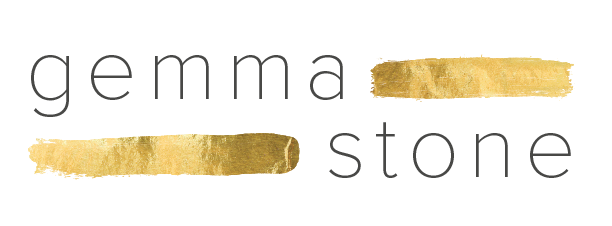here’s what I did
Last week I shared about how I was teetering on the edge of burnout.
A generous handful of you reached out and shared, “me too, tell me more!”
The frequent pivots and ever-present uncertainty we’ve all experienced in the last eighteenish months has caused an unusual amount of emotional stress and made us all vulnerable to the harder side of being human (businesses closing, children struggling, relationships ending, mental illness rising, burnout burning).
There is no one-size-fits-all treatment plan to any of these challenges.
What I am offering up in this Love Letter is an invitation to try a few things and see what works for you.
Be curious about what resonates.
Release what doesn’t.
If there’s a place in your life you’re struggling right now, ponder these questions.
What is this trying to teach me?
What have I not been paying attention to?
What values am I not living in alignment with?
What needs to change in my life so this symptom can go away?
When I examined these questions, I realized I had conflated my worth with my accomplishments, I had merged my identity with my productivity, and I used my busyness to distract me from listening to myself (like … reaaaaally listening).
After some deep self-reflection, these are the changes I made to avoid crashing into the neurological crisis that full burnout can be (and the lengthy recovery it often requires!)
Rest. I bumped my 6 -7 hours of sleep to 8-10 hours per day. I learned naps are a wonderful thing. I read fiction. I had baths.
Boundaries. I stopped working until 10:30pm every night (which made it a whole lot easier to get the sleep I needed).
Less exercise. Whaaa?! Yes, I know exercise is a good thing and generally beneficial for mental health. But, extreme exercise when you are burnt out can jack up your adrenaline and cortisol (not good). I opted for walks instead of runs and light weights instead of olympic lifting.
Time off. I reduced my commitments and took as much time off as I could by opting out of everything that was optional. I learned how to delegate and got better at asking for help.
Compassion. I offered my former busy-self compassion for all the ways slowing down was difficult and uncomfortable. I focused on embracing imperfection and accepting my messy humanness.
Self-parenting. I offered myself nurturance and spoke to myself lovingly “of course you can’t work these long days all the time. Of course you’re tired! Of course it’s time to rest. You are just as important as everyone else and more important than your to-do list.”
Therapy. I bumped up my sessions with my therapist to work through the saviour/white knight complex that drives me to over do it when there’s a crisis.
Nutrition. I dropped caffeine, alcohol, and sugar because they mess with healthy brain functioning and I had been using them to cope with the depletion that goes along with burnout. I stopped Skipping The Dishes and started eating algae.
Nature. I prioritized time in nature without distraction (no podcast, no playlist … nothing but the sun).
Time. I gave myself time. When recovering from burnout, it’s important to take your time. When you start feeling better, that’s not the sign to ramp it up again. I decided to go slow until my reserves were fully replenished (still in progress).
Burnout was a teacher for me.
It placed a magnifying glass on the places of my life I was out of alignment.
It highlighted where my integrity
Burnout can be an invitation to evolution.
It requires us to make changes.
It asks us to examine boundaries.
It insists on a healthier work/life rhythm.
It encourages us to adjust expectations.
Your health is priceless.
Do what you need to in order to protect it.
